-
•
•
29 responses

A friend of mine posted this on Facebook a few days ago: Morality is doing what is right regardless of what you are told. Religion is doing what you are told regardless of what is right. It’s a great bumper-sticker quote — short, emotionally charged, and completely one-sided. Usually I see these, chuckle, and move on, but this is one that my mind keeps coming back to, to chew on some more. What does the church do well? How does the church justify its own existence? (As an aside, if your answer to this question is, “The church doesn’t need… Read More
-
•
•
25 responses

The irony of religious fundamentalism is that it is a profoundly modern and profoundly secular phenomenon. This is perhaps especially true of the scriptural literalism that often accompanies it. The result is that many of the most conservative Mormons are, in point of fact, also the most secular. Few Mormons are more secular than Joseph Fielding Smith and Bruce R. McConkie. Why is fundamentalism so profoundly secular? Because it cedes the field of truth wholly and without contestation to secular models of truth – and then tries to combat, contest, and outdo the secularists at their own game. Is there… Read More
-
•
•
16 responses
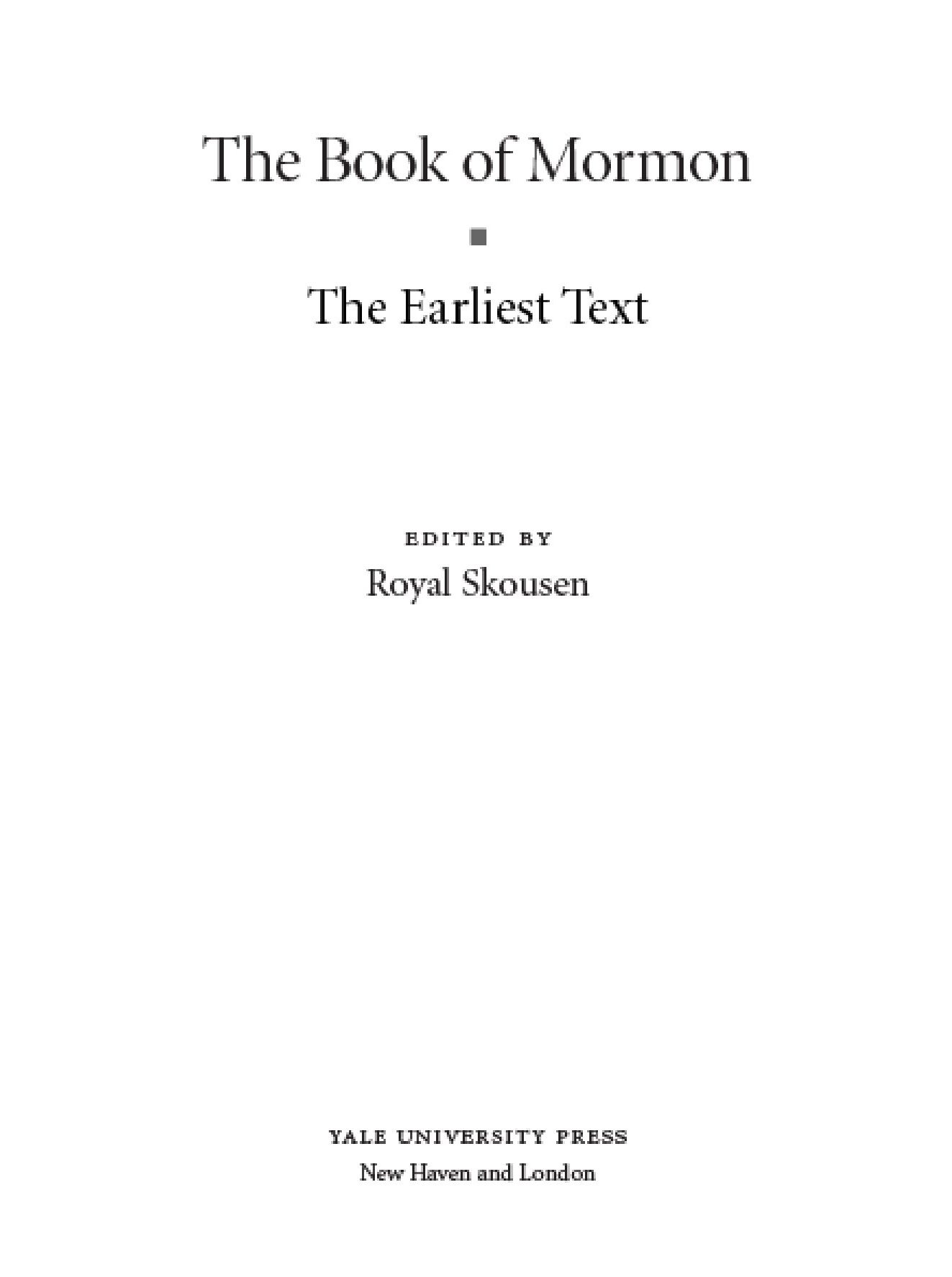
Royal Skousen is editor of the Book of Mormon Critical Text Project and professor of linguistics and English language at Brigham Young University. Read More
-
•
•
50 responses
The real reason that polygamy was restored was to decrease the number of children each woman would have, which was necessary in order to Read More
-
•
•
6 responses

I’d forgotten about the sky. For how long, I’m not sure. Months? Years? When I remembered, it felt like waking from a cramped dream. A few weeks ago, early in the morning, I was running. The sun climbed bright in the east. The moon, chalk white, lapsed in the west. And I was running beneath them – on the ground, next to water, up a hill, and around a bend. I had been worried, anxious, impatient. But, beneath this sky, I couldn’t remember what about. So I wiped my brow and leaned into the wind. Tolstoy remembered this sky. Here’s Prince… Read More
-
Admin, Church History, General Doctrine, Latter-day Saint Thought, Lesson Aids, Life in the Church, Philosophy and Theology, Scriptures
•
•
20 responses

Sometimes unintentional mistakes lead to interesting lines of thought. A few weeks ago I misheard a speaker in an LDS meeting. The speaker was quoting John 14:27, and either because of the speaker’s mispronunciation or my imperfect hearing, I heard the word “live” instead of the word “leave.” This lead me to think about what it means to live in peace. Read More
-
•
•
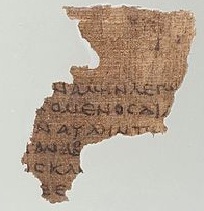
Matthew 11 Verse 28: What does it mean to come to Christ? Has he already told us how we can do that in readings from some of the previous lessons? The word translated “labor” means “wearying labor.” The phrase “heavy laden” translates a Greek word that means “weighed down.” What wearying, taxing work does Christ have in mind here? From what does he offer relief? Why is that described as something that wears us out? As something that burdens us? Can we understand sin as a kind of difficult work? The word translated “rest” literally means “cessation.” It is used… Read More
-
•
•
12 responses
Just finished A Brief History of History: Great Historians and the Epic Quest to Explain the Past (The Lyons Press, 2008) by Colin Wells. It is a quick review of all those names you have heard a time or two (Thucydides, Tacitus, Guicciardini, Ranke, Burckhardt, Turner, Braudel, etc.) woven together into a narrative. Favorite quote: “History is everywhere; we live in it.” The comments in the book that are worth discussing at an LDS blog concern the challenges of writing Church History. Read More
-
•
•
50 responses
Mexican-American activist Raul Lopez-Vargas letter asking Mexican President Felipe Calderón to hold up LDS missionary visas to Mexico because of proposed illegal immigration enforcement legislation is being called a blatant blackmail attempt. If true, I have to wonder how he could possibly think it would work. Read More
-
•
•
47 responses
I post here something I recently wrote in my journal: I basically think that Aristotle had it right on how to live a good life: find a proper mean between extremes, be balanced, and live virtuously. So here is what I would like my life to look like: I start with work, the labor I must do to live. I should like to be good at my job. I don’t have any particular desire to be at the very top of my profession. Academic stardom looks like rather too brass a ring to devote all of one’s energy on the… Read More
-
•
•
25 responses
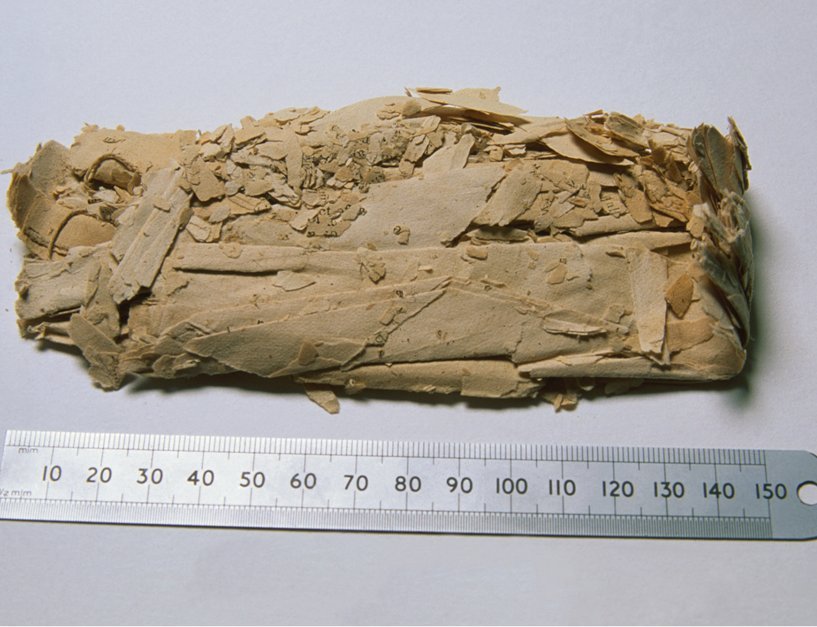
Royal Skousen is editor of the Book of Mormon Critical Text Project and professor of linguistics and English language at Brigham Young University. In this post he discusses the work of the Book of Mormon critical text project and the attempt to restore and publish the original text of the Book of Mormon. Read More
-
•
•
50 responses
Today I was sent a FaceBook request to join a “prayer chain page” to pray for a woman hospitalized in Texas. I don’t know the sick woman and only distantly know the woman making the request. A similar thing happens on some email lists. People post, requesting others to pray for someone they know but those on the list do not. There are two things about this that strike me as being odd Given all the people I actually know who need help — on all different levels — it would seem a strange use of time (and spiritual favors?)… Read More
-
•
•
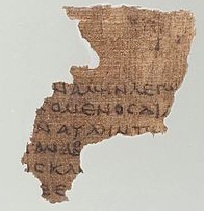
As is usually the case, there is a lot of material to cover in this lesson, but the material in these chapters is so important that it would be a shame to focus on only part of it. So I will focus on the Lord’s prayer (Matthew 6:5-15), but I will also provide notes for the rest of both chapters. Notice that in 2007 Robert C and Cheryl M provided excellent materials on these chapters, and Karl D will almost certainly provide current notes on the lesson materials. Chapter 6 Jesus continues to teach about true righteousness, a righteousness that… Read More
-
•
•
12 responses
Here are two lines of computer code: int myNumber; myNumber = someOtherNumber + 3; If you’re not familiar with programming, the first line says, “Here is an integer (int) called ‘myNumber’.” The second line says, “Set the value of myNumber to someOtherNumber plus 3.” So what if I want to know the value of myNumber? I’ve got two options. Either I can tell the program to display the value, like this: out.print(myNumber); or I can look back through the code to find the value of someOtherNumber and mentally add 3 to it: int someOtherNumber = 8; So now I know… Read More
-
•
•
19 responses
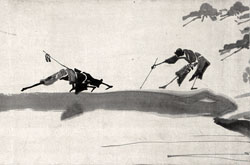
It is a commonplace in Zen that three things are necessary for liberation. If you want to wake up from the slumber of self-absorption, if you want to live your life outside the suffocating confines of that mason jar that is your own head, you need (1) great faith, (2) great doubt, and (3) great effort. As Mormons, we’re famous for valorizing the third. We’re also often good at promoting the first. But when was the last time you heard a talk extolling the need to cultivate great doubt? The Zen masters were likely right to see all three as… Read More
-
•
•
84 responses
Over at FPR, BiV asks, Are Mormons cessationists? The short answer is no. Read More
-
•
•
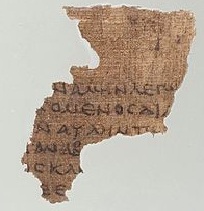
The lesson this week picks out the first part of a longer sermon. Matthew 5-7 give us Jesus’ Sermon on the Mount. Even if preparing for only the Sunday School lesson, it is probably best to read the entire sermon to see the context of this part. At the time of Jesus there seems to have been considerable controversy over who was “in” and who was “out” when it came to being the children of God. This controversy had been on-going for some time, at least since the time of the return from exile. The Samaritan community was one of… Read More
-
•
•
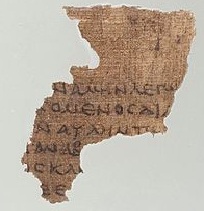
For purposes of this lesson, I take Luke 7:1-17 to be a supplement to the miracle stories we read in the material from Mark. So I will make my notes and questions on Mark, assuming that reading and thinking about Luke will be appropriate to them. As usual, I offer the reminder that these are study notes for the reading, not notes for preparing a lesson. Presumably study notes could help a person prepare a lesson, but these go beyond what one might expect in notes for a lesson. Mark’s Gospel This is the first lesson this year to use… Read More
-
•
•
17 responses
A new issue of The Mormon Review is available, with Adam Greenwood’s review of The Great Divorce, by C.S. Lewis. The article is available at: Adam Greenwood, “Death Is Lighter than a Feather: A Review of C. S. Lewis’ The Great Divorce,” The Mormon Review, vol.3 no. 1 [HTML] [PDF] In this essay, Greenwood reads The Great Divorce as an instance of theological fiction, and theorizes the genre in relation to its sisters, science fiction and fantasy. For more information about MR, please take a look at the prospectus by our editor-in-chief Richard Bushman (“Out of the Best Books: Introducing… Read More
-
•
•
145 responses
Marvin Perkins is a Latter-day Saint music producer who is currently the Public Affairs Co-chair for the Genesis Group and who has worked to nurture understanding between African Americans and Latter-day Saints and attack misconceptions (see our 12 Questions series with Brother Perkins from 2009). This morning, Brother Perkins circulated the following email to his “Blacks in the Scriptures” listserve (which is re-posted here with his permission): ______________________________ Friends, Many of you have recognized the new LDS.org website. Some of you have recognized that with the new site also came changes to chapter headings and footnotes in the scriptures. Not… Read More
-
•
•
32 responses
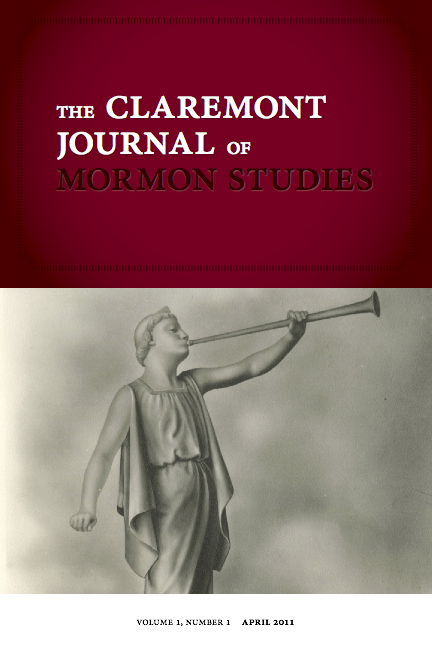
The Claremont Graduate School’s Mormon Studies program has produced another contribution to the study of Mormonism: a student-run on-line journal. Which makes me wonder, how many Mormon Studies journals can be supported? Read More
-
•
•
21 responses
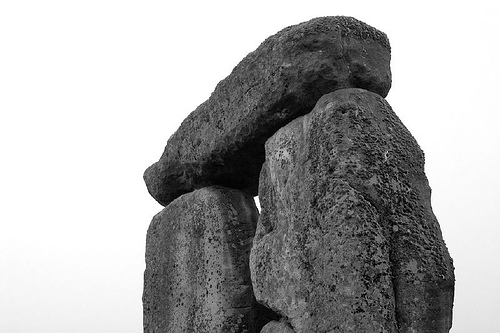
Mormons are metaphysical heretics, backward pagans, country bumpkins, who claim that the world, rather than being one, is fundamentally many. We’re metaphysical pluralists and so break with the creeds. Unity is a product, not a starting point. God the Son is not God the Father and (moreover!) all intelligences are uncreated and co-eternal with God. As a result, rather than being reassuringly antedated by the simplicity of a Divine Will or the uniformity of a Providential Reason, we’re preceded by the mystery of a material plurality that is always already given. In this scenario, faith is a different kind of thing. Unlike… Read More
-
•
•
37 responses
For those who may be interested, I am going to be on KUER’s (the NPR affiliate in Salt Lake) Radio West program this afternoon discussing Mormonism and a possible presidential run by former Utah governor Jon Huntsman. Read More
-
•
•
2 responses
See this for the introduction to this series. Read More
-
•
•
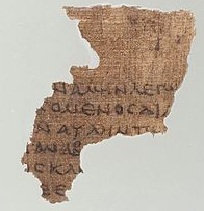
Before we look at some individual verses from this lesson, consider the overall structure of Luke’s narrative and think about how Luke’s story of the calling of the Twelve compares to Matthew’s. I have put in bold the parts that the lesson focuses on, but I have outlined all four chapters so that you can think about how Luke tells the story as a whole. Because of the length of the materials, I have created study questions only for the first part of the lesson, Luke 4:14-32. Luke’s story: • John’s preaching and message (Luke 3:1-20) • Jesus’s baptism (Luke… Read More
-
•
•

There is a tremendous amount of material in this lesson, more than I can deal with in a few pages. So I have shortened my study questions by focusing on John 3:1-10. Verse 1: The name “Nicodemus” means “conqueror,” and it was a common name. We know little about Nicodemus. We know that he was a Pharisee because this verse tells that he was. We know that he was some kind of ruler, though we don’t know what kind, because this verse tell us that he was. Many have speculated that Nicodemus was a member of the Sanhedrin, but we… Read More
-
•
•
6 responses
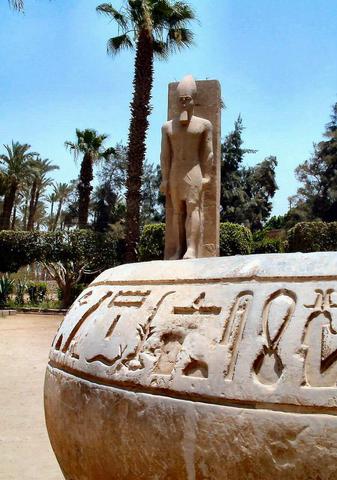
A couple years ago I was reading up on Egyptian hieroglyphics just for fun. Okay, so it was just one book, and I’m in no way qualified to write anything about hieroglyphics, but I’m not going to let that stop me! :) The book I was studying from identified three different Egyptian words for priest: wab, hm-ntr, and hm-ka. They kind of translate to pure-person, god-person, and spirit-person, respectively. The book didn’t go into any detail about the relative roles of the three, but the names got my imagination rolling. In modern America, I suppose that our archetypal image of… Read More
-
•
•
20 responses
A guest post from former guest blogger Eric Huntsman: Read More
-
•
•
73 responses
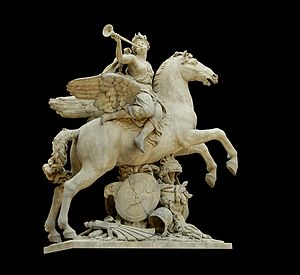
I’ve been thinking about Papa D’s recent post about responding to subtle racism in the church. How about creating a “ward diversity specialist” calling? Points in favor of a ward diversity specialist: Every calling in the ward has a natural nemesis–except for the ward preparedness specialist. You know, like the natural enmity between elders quorum president and ward clerk, or between the Relief Society president and the high priests group leader. The diversity specialist would provide a natural foil to the ward preparedness specialist. Problem solved. Two-thirds of the 3-fold mission have corresponding obnoxious specialist callings that no one listens… Read More
-
•
•
7 responses

We like to shut doors. Jim’s book is a doorstop. Quick! Wedge it in. Of Truman Madsen’s book, Eternal Man, Jim says: More than teaching a particular doctrine or suggesting any particular solution to a philosophical or theological problem, the book gave its readers permission to think about these kinds of problems, to read the books listed in its many footnotes and books like them. . . . By writing Eternal Man, Truman Madsen said to me – and, I believe, many others – “Take seriously the admonition of the Prophet Joseph Smith that introduces chapter two: ‘When things that… Read More
